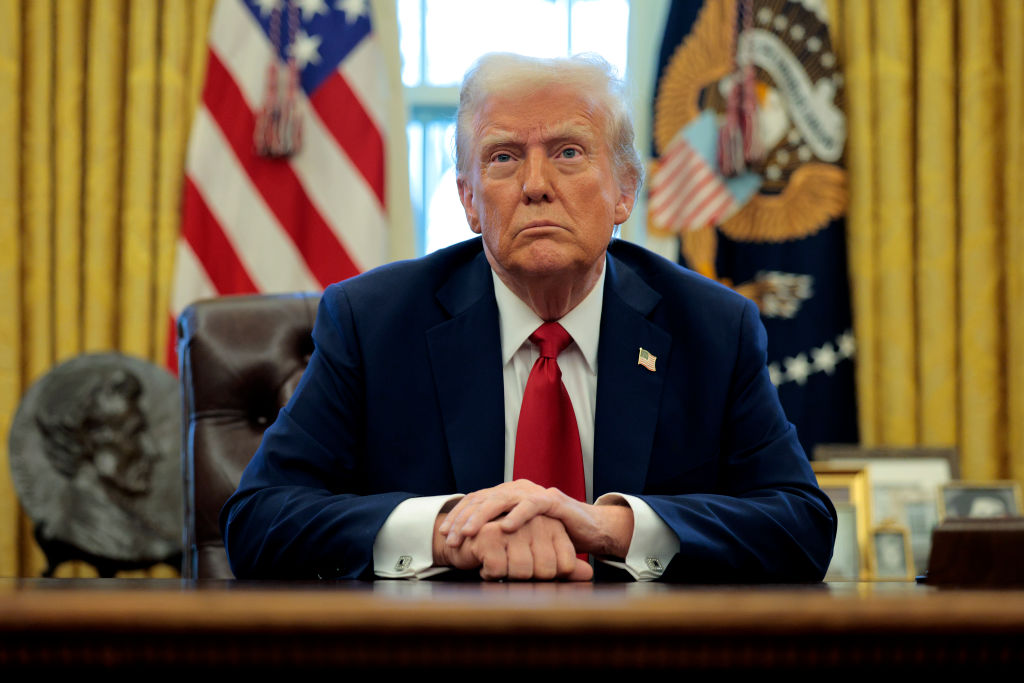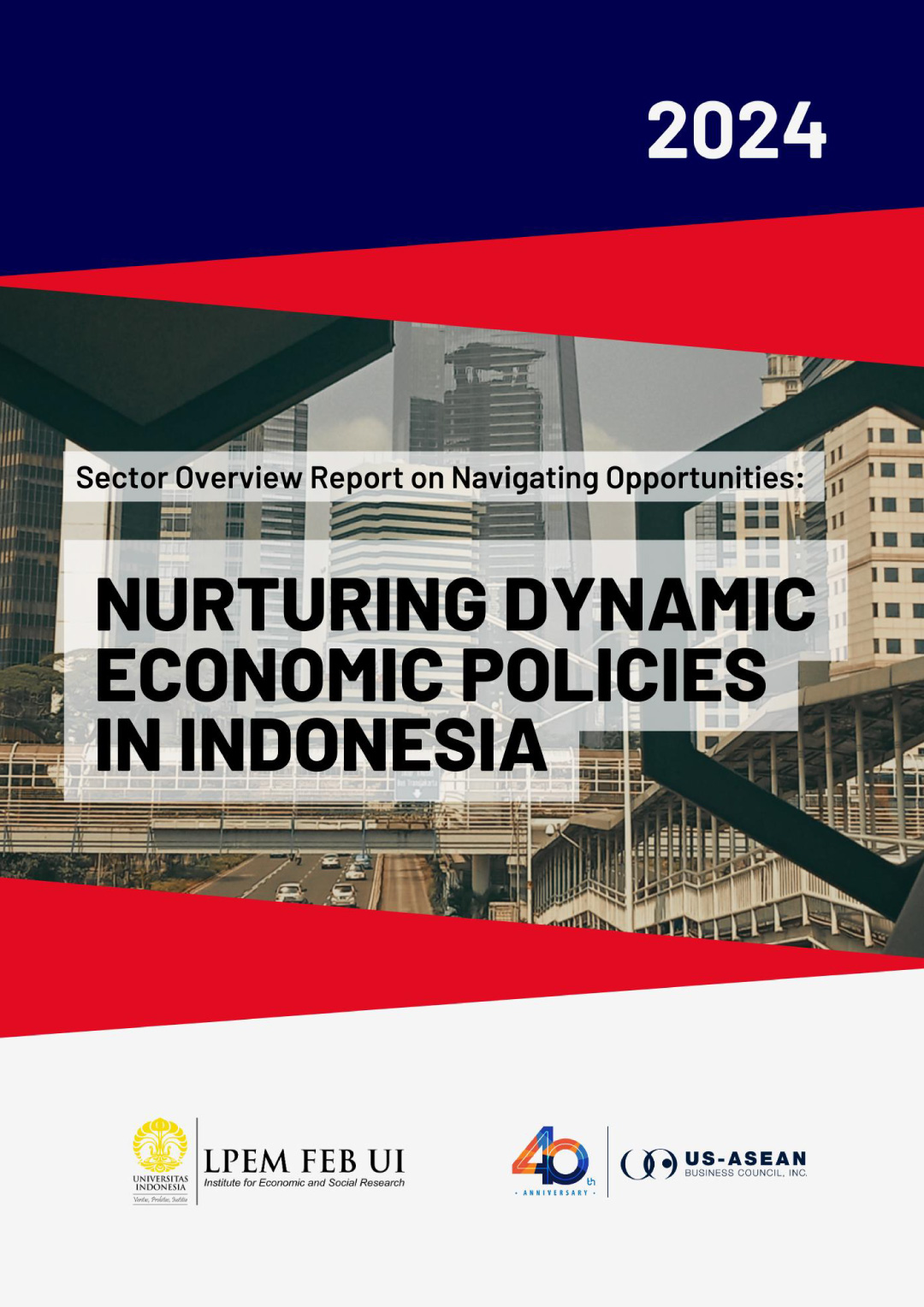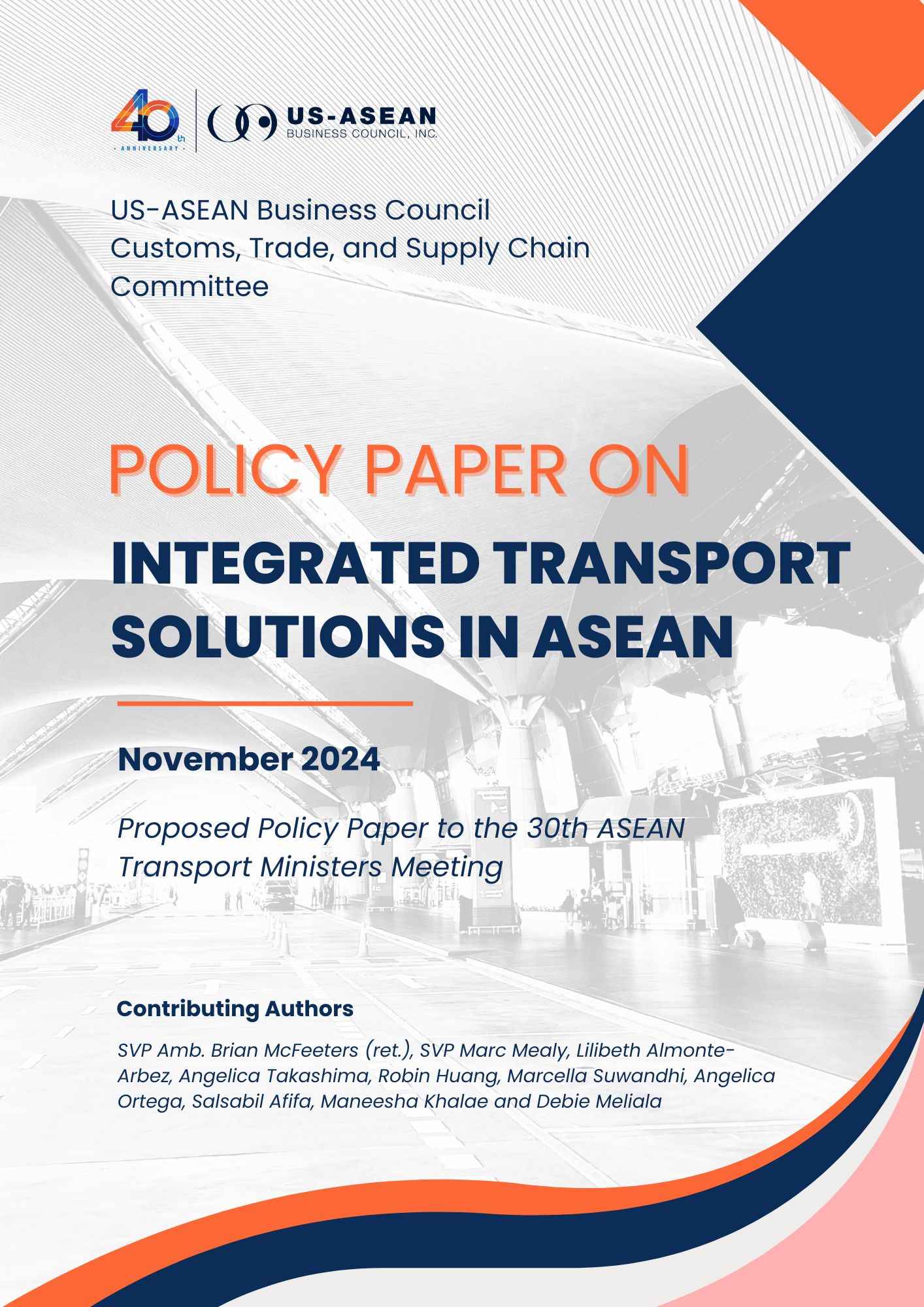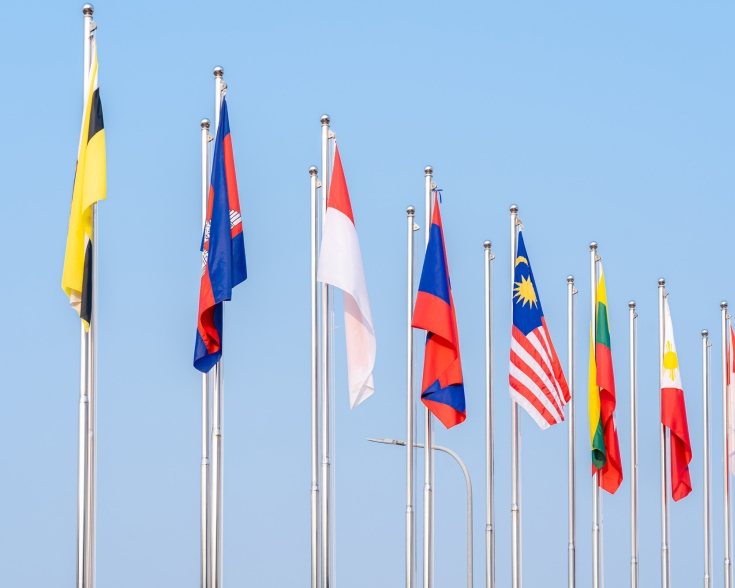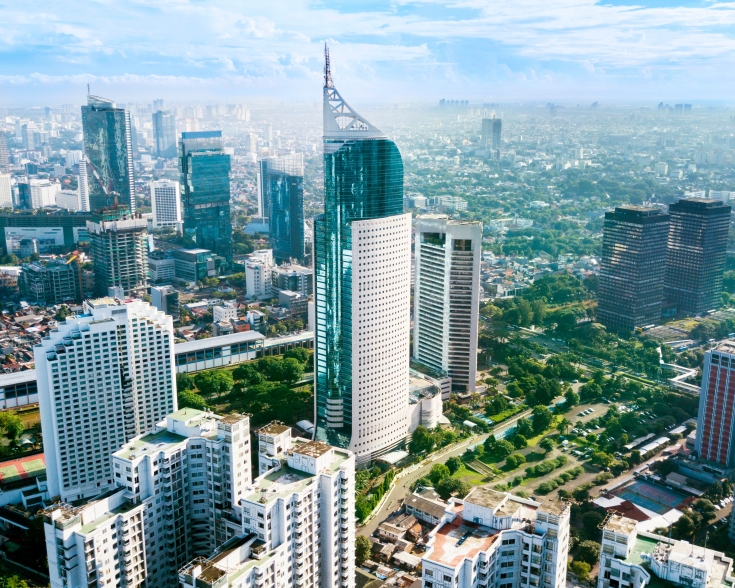EV Market Landscape

The ASEAN Electric Vehicle (EV) market size is expected to grow from USD 858.76 million in 2023 to USD 3,537.65 million by 2028, at a Compound Annual Growth Rate (CAGR) of 32.73% during the forecast period from 2023-2028. The EV market potentials will not only support ASEAN’s decarbonization agenda, but also boost the region’s economic growth with the increasing demand in the transportation and automotive sector. To this end, the ASEAN Leaders recently signed a Declaration on Developing a Regional Electric Vehicle Ecosystem during the 42nd ASEAN Summit, chaired by Indonesia in May 2023.
This analysis will focus on the top two countries, Thailand and Indonesia, in terms of market share of EVs in Southeast Asia in observing the key aspects of the EV market in the region.
Thailand, the largest automotive manufacturer in the region, is well-positioned to take advantage of the green energy transition through EV adoption. The country has the largest market share of EV sales in Southeast Asia amounting to around 59%. Even though Thailand has a smaller domestic market compared to Indonesia, Thailand has a larger overseas export market because of its greater use of free trade agreements and serving as a leading investment location for many international auto manufacturing companies. By 2030, the Thai government is publicly aiming for EVs to constitute 30 percent of total car production, and by 2035, the government wishes to only sell zero-emission vehicles within the country. Indonesia has the second-largest market share of EV sales in Southeast Asia amounting to around 25%. Indonesia’s main advantages among others are its large population and an abundance of nickel ore, a crucial resource used by EV battery manufacturers.
Thailand
In 2023, EV sales are projected to number between 25,000 and 35,000 units. Public transport in Bangkok is also being electrified, with 1,250 electric buses poised to replace aging diesel buses. By 2026, 8,000 electric buses are set to operate in the capital’s metropolitan area. Other vehicles, such as tuk-tuks and riverboats, are also being replaced by electric alternatives.
Considering the country’s EV market development, Tesla commenced deliveries in the Thai market in February 2023, offering hefty discounts that prompted a price war between Chinese, Japanese, and South Korean competitors. Meanwhile, Mercedes has selected Thailand as the first country in Southeast Asia to manufacture its fully electric Mercedes EQS car model. In response to the speed of the industry’s growth, the Thai branch of Volvo is exploring the possibility of selling exclusively EVs in the local market. Chinese car manufacturers—including GWM, MG, BYD, and DFSK—are entering the Thai market with more affordable EVs than their competitors, which may lead to significant shifts in the industry landscape. Owing to ASEAN’s Free Trade Agreement (FTA) with China, these Chinese vehicles enjoy zero percent import tax. In addition to bolstering imports, Chinese companies namely Hozon Auto, BYD, and GWM are also seeking to boost in-country manufacturing, and some have already secured procurement deals with state-own enterprises.
While Thailand’s charging infrastructure remains limited and is located mostly in central provinces, there is a great deal of momentum to expand access to charging stations. The government has publicly promoted a target of 12,000 charging stations by 2030. To reach this goal, the government will grant soft loans to small- and medium-sized enterprises (SMEs) that are seeking to invest in EV charging stations. Charging stations with at least 40 chargers enjoy five years of corporate income tax exemptions, while smaller charging stations benefit from three years of tax breaks.
Over time, the Royal Thai Government has implemented various measures and incentives to support the EV industry. Battery electric vehicles (BEVs) valued at less than two million baht will receive a reduction of up to 40 percent on import duties, with an additional reduction of 20 percent if the vehicle is valued between two million and seven million baht. In early 2023, the government announced plans to reduce excise tax from eight percent to one percent on EV batteries, while approving a 24-billion-baht subsidy program for the EV battery industry. Moreover, the Thai Industrial Standards Institute (TISI) has established over 100 standards pertaining to EV components. From 2024 to 2025, while the incentives for foreign competitors such as excise tax reductions and subsidies will still remain in place, the government will aim to promote the domestic production of EVs by phasing out exemptions or reductions of import duties for completely built-up (CBU) EVs. These measures should make domestically produced EVs more affordable than imported models.
Indonesia
For the last decade, Indonesia has engaged in a campaign of transitioning itself from a largely export-dependent economy on its natural resources like nickel, to becoming the center of ASEAN and Asia’s EV industry. By 2025, the nation aims to have 2.5 million EVs on its roads with 400,000 fully electric cars making up 20 percent of total sales. In addition, they plan to build 2,400 EV charging locations, a significant upgrade from 195 locations in March 2022. These new goals come at a time when global demand for EVs has skyrocketed as countries around the world scramble to meet carbon neutrality goals and cut costs for consumers thanks to tax breaks and incentives.
As the largest producer of nickel, an essential component to EV batteries, Indonesia’s new goals have been set in tandem with new laws and policies aimed at taking the nation up the EV industrial value chain from the bottom as a natural resource supplier nation, to a manufacturing, distributing, and consumer nation. By focusing on moving the nation up the EV supply chain, Indonesia will need to acquire global investments in the entire domestic industry including manufacturing facilities, infrastructure networks, education for skilled labor, and much more. This move aims to put Indonesia at the center of a global necessity and continue to grow its young economy by granting its young population skilled jobs.
Having access to the world’s largest reserves of nickel puts Indonesia in a unique competitive position for playing a greater role in the global EV market. The first significant step Indonesia took was in 2020 when the nation instituted a ban on all raw nickel exports. This resulted in significant short-term issues with the global EV market as foreign companies were forced to either find new suppliers of refined nickel, which is a rarity, or agree to build EV battery manufacturing plants and export these parts. While some corporations decided to look elsewhere for refined nickel, mainly the Philippines or China, other corporations from Korea and China decided to invest in Indonesia.
With the ease of access to critical minerals, Hyundai will produce Indonesia’s first locally assembled EVs through the company’s $1.55 billion investment into a new EV battery plant.
As Indonesia continues to position itself as an EV leader in ASEAN, other members will be able to reap the benefits of having a regional EV producer. For now, wealthy citizens of ASEAN are making up a majority of the market share in the region due to the high costs of EVs, an issue that is faced globally despite nations providing their own individual EV exemptions. EVs will become cheaper as production slowly reaches the level of demand in the region making the vehicles accessible to a wider range of consumers as varying price options become available. Having a country like Indonesia in a given region where EVs are being produced from basic materials like minerals, to critical components such as batteries, and finally, locally produced vehicles, the costs of these vehicles will be considerably lower compared to importing them into ASEAN.
Conclusion
The growth of Thailand and Indonesia’s EV industries marks a new path in which ASEAN members are using their unique positions as resource-rich countries to expand into producer and consumer countries. Aside from lowering costs from ‘in-region’ made EVs, having developing EV industries in ASEAN will also bring new opportunities to the rest of the region. For example, individuals with updated technical skills and higher education will need to fill new roles to keep the budding industries healthy. For countries that are unable to produce EVs or provide resources such as Singapore, their universities and education system can still play an essential role in the region’s EV market by educating a new set of job seekers in emerging technology. By having an EV industry in ASEAN there will be countless opportunities that other nations aside from Thailand and Indonesia are able to capitalize on. The continued flow of investments into the two nation’s EV industries will continue to strengthen ASEAN’s position in the global economy and elevate the region’s level of importance globally.


